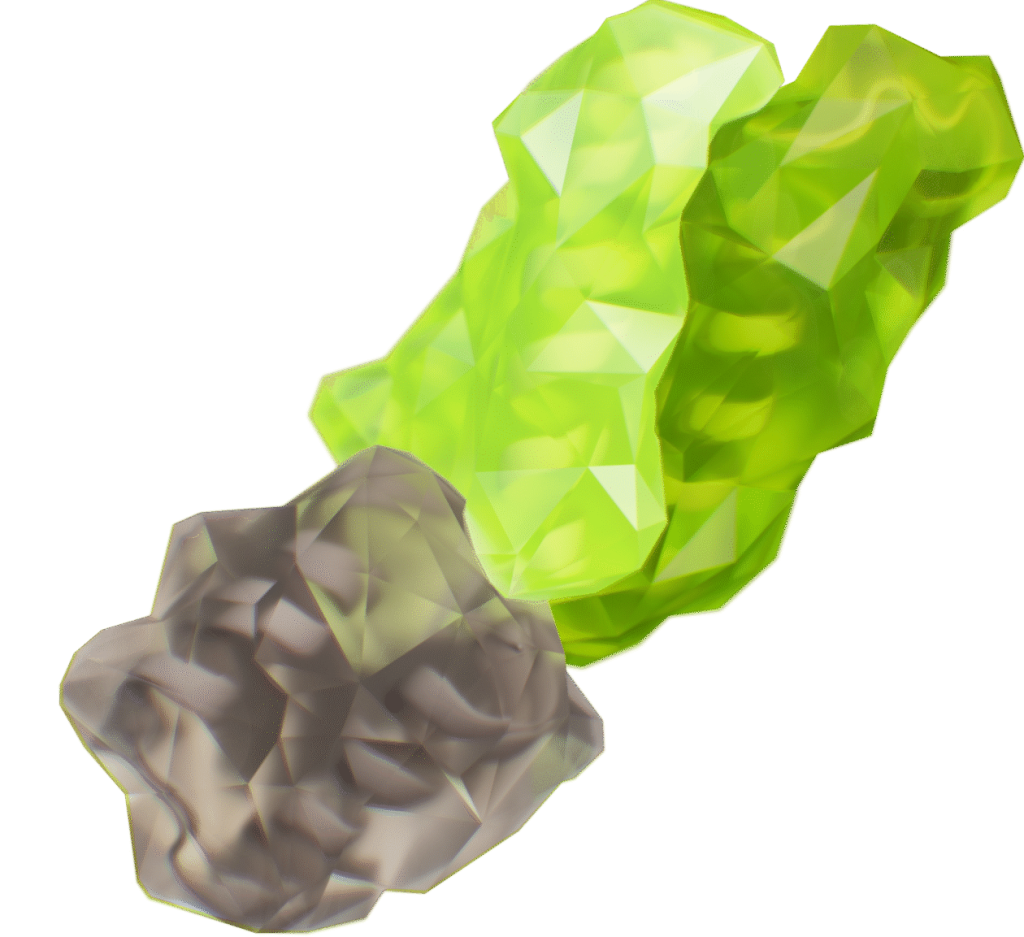Seattle Biotech Startup Disrupts Disease Treatment with AI-Designed Multi-Target Proteins
A cutting-edge Seattle biotech startup, Accipiter Biosciences, has emerged from stealth mode with $12.7 million in seed funding and partnerships with pharmaceutical giants Pfizer and Kite Pharma. Founded by researchers from Nobel laureate David Baker’s lab at the University of Washington’s Institute for Protein Design, the company is pioneering a revolutionary approach to treating complex diseases. Using artificial intelligence tools, Accipiter designs synthetic proteins capable of binding multiple cellular targets simultaneously—a breakthrough that could transform how we combat difficult-to-treat conditions. “We want to establish this new modality,” says Matthew Bick, Accipiter’s co-founder and CEO, who believes their approach could unlock more effective treatments for complicated diseases where traditional single-target therapies fall short.
The science behind Accipiter’s innovation addresses a fundamental challenge in medicine. While combinations of drugs often work better than individual therapies, coordinating their actions to work together at the same location within the body has proven difficult. In certain cancers, for example, multiple cellular functions need to be activated simultaneously to produce beneficial molecules that work synergistically. According to Bick, this creates effects that are “not just additive, it’s multiplicative.” Beyond potentially greater efficacy, Accipiter’s approach offers practical advantages in the drug approval process. Traditional combination therapies require separate expensive Phase 1 safety trials for each component, plus an additional trial testing them together. A single multi-functional drug would streamline this process, potentially reducing costs and accelerating time to market—critical factors in bringing life-saving treatments to patients.
The startup’s innovative platform has already attracted significant industry attention. Accipiter has entered into a collaboration agreement with Pfizer that includes an upfront payment and the potential to earn more than $330 million if certain milestones are reached, plus royalties. Jeffrey Settleman, Pfizer Oncology R&D’s chief scientific officer, expressed enthusiasm about the partnership: “With Accipiter’s platform technology and collaboration, Pfizer aims to solve complex therapeutic problems with biologics that may have previously been unattainable.” Similarly, Accipiter has secured an agreement with Kite, an oncology drug company owned by Gilead Sciences, to design proteins for use in cell therapies. This arrangement also includes initial funding with the possibility of milestone payments and royalties, with Kite having the option to acquire molecules created through the partnership for development into therapies for global distribution.
Beyond these partnerships, Accipiter is advancing four of its own drug development programs, with two already approaching formal FDA discussions about human testing. While specific details remain confidential, Bick revealed that the company is researching treatments for cancers and irritable bowel syndrome, among other conditions. The seed round that brought in $12.7 million was co-led by Flying Fish Partners and Takeda Ventures, with additional backing from Columbus Venture Partners, Cercano Capital, Washington Research Foundation, Alexandria Investments, Pack Ventures, and Argonautic Ventures. Heather Gorham, principal at Flying Fish Partners and Accipiter board member, highlighted the significance of the company’s work: “We’ve reached the point where computation isn’t just speeding up biology. It’s expanding what’s biologically possible.”
Since its launch in March 2023, Accipiter has grown to 17 employees with a leadership team that brings deep expertise in protein design, drug development, and biotech business strategy. CEO Matthew Bick spent more than seven years as a senior fellow in Baker’s lab before serving as a senior director at Seattle’s Neoleukin Therapeutics. The three other key executives bring complementary strengths: Javier Castellanos, co-founder and chief technologist, brings experience from Baker’s lab, Cyrus Biotechnology, and Neoleukin; Hector Rincon, co-founder and chief scientist, spent over seven years at Seagen (now part of Pfizer) helping advance therapeutics from concept to clinical trials; and William Canestaro, chief operating officer and chief strategy officer, contributes extensive business and investment experience from roles with the University of Washington, Washington Research Foundation, and various biotech ventures. Together, they form a leadership team well-equipped to navigate the challenges of bringing revolutionary protein therapeutics to market.
While Accipiter’s AI-driven approach to designing multi-target proteins holds enormous promise, the founders remain mindful of the inherent risks in drug development. Three of Accipiter’s co-founders previously worked at Neoleukin, another Baker-founded startup that encountered setbacks when its lead drug candidate underperformed in clinical trials. Rather than being discouraged by this experience, the team views it as valuable learning that has shaped Accipiter’s strategy. “We were part of the team that took the first fully de novo protein into patients,” Bick notes, explaining that the experience taught them crucial lessons about preventing unwanted immune responses to synthetic proteins and the importance of maintaining multiple drug programs simultaneously. This balanced perspective—combining cutting-edge innovation with hard-earned wisdom—may prove to be Accipiter’s greatest asset as the company works to pioneer a new class of multi-functional protein therapeutics that could fundamentally change how we treat disease.


